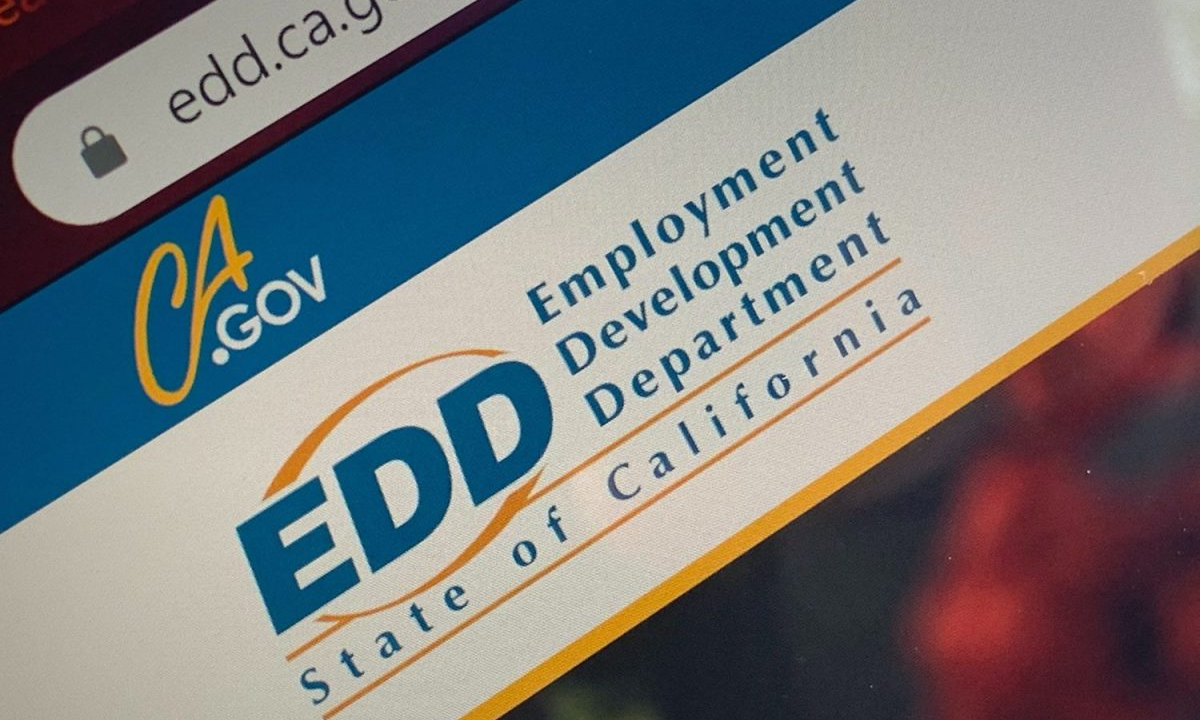Written by T. Logan Dayne
Facial Recognition has been a key development as machine learning algorithms become more accurate. This technology, however, has raised concerns in the minds of many citizens and perhaps rightfully so, as digital security becomes more and more important. Now, even State governments are beginning to use the technology.
For California, it began using it to target fraud during the beginning of the COVID-19 response, being touted by Gov. Gavin Newsom as a crucial tool. But now many in high positions of government are urging to take a step back from using this technology, seeing it as a doorway to more sinister policies. Members of Congress including Senators Ron Wyden, Sherrod Brown, and Elizabeth Warren wrote in a letter, “Facial recognition should not be a prerequisite for accessing unemployment insurance or any other essential government services.” The letter goes on to state, “It is particularly concerning that one of the most prominent vendors in the space, ID.me, not only uses facial recognition and lacks transparency about its processes and results…but frequently has unacceptably long wait times for users to be screened by humans after being rejected by the company’s automated scanning system.”
The system, and systems like it, are praised for reducing fraud and alleviating an overwhelmed system. This of course comes at the cost of privacy for the individual. Other concerns pointed to include the system not recognizing someone and having still to wait for human verification. In cyber security, there are no simple answers. Every system has its benefits and weaknesses. The IRS has stated that it is transitioning away from facial recognition, saying that it, “takes taxpayer privacy and security seriously,” and going on to say that they are, “quickly pursuing short-term options that do not involve facial recognition.”
Photo Cred: The Voice/ Facebook




